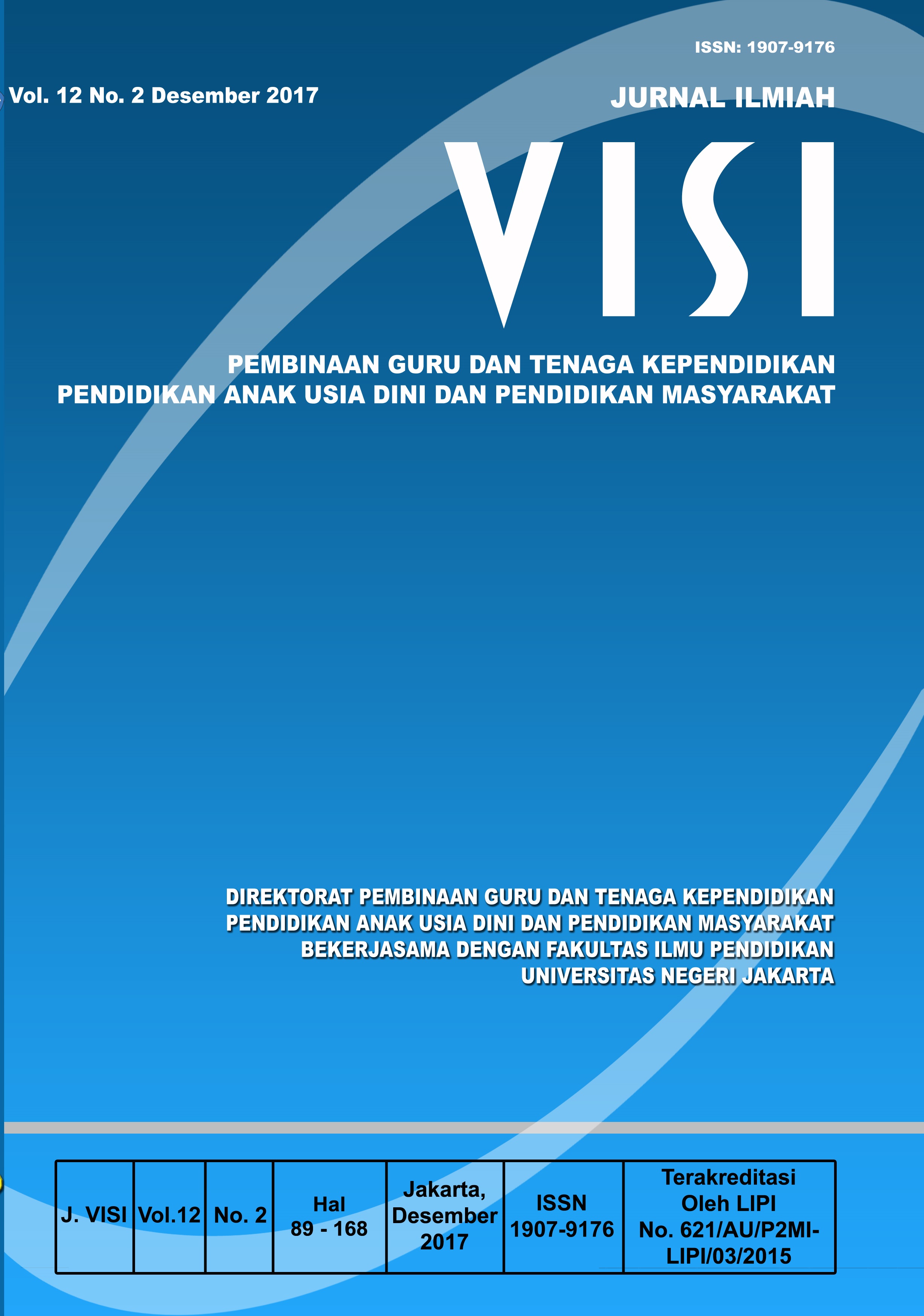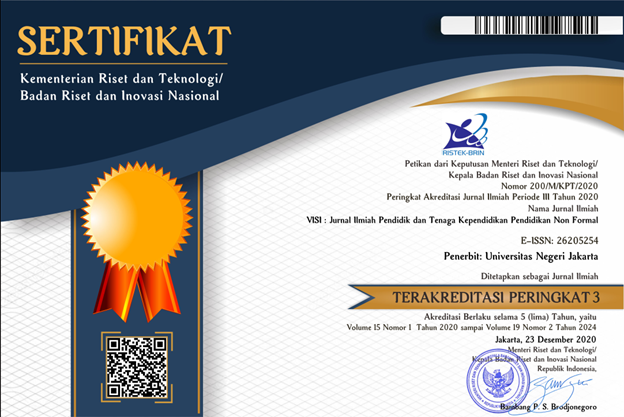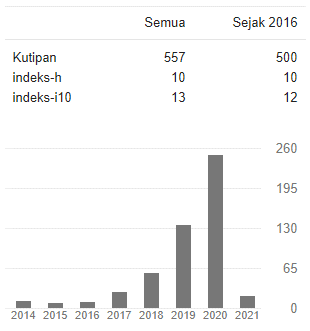STIMULASI PERKEMBANGAN ANAK MELALUI PERMAINAN TRADISIONAL SUKU BATAK TOBA
DOI:
https://doi.org/10.21009/JIV.1202.1Keywords:
stimulation, traditional game, Batak TobaAbstract
Traditional games are ancestral estates that need to be maintained and preserved. Rarely are they played in PAUD due to the fact that they have been replaced by modern games, whereas there are a lot of traditional games in every region. The Batak Toba traditional games can stimulate both motor skills and social-emotional development in early childhood. Types of games researched are Marsibahe, Marsitekka, and Marampera. This research aims to find out results on motor skills and social-emotional stimulation in early childhood through Batak Toba traditional games. The research was conducted to 18 children in a range of 5-6 years old in PAUD Anugerah in Tomok Village, Simanindo District, Samosir District in July-October 2015. The data collection instrument is arranged based on their achievement levels of motor skills and social-emotional development referring to Permendikbud No. 137 in 2014 as many as 16 points of observation. A quasi-experiment design method with pretest and posttest is used to recognize field validation, meanwhile the significant of the program is examined by using a correlated t-test. The results show t > t (10.34 > 2.11) so that it can be inferred that there are significant changes on score acquired by the learners before and after playing Batak Toba traditional games at 5% significant level.
Downloads
Published
How to Cite
Issue
Section
License
Authors who publish with this Journal agree to the following terms:
- Author retain copyright and grant the journal right of first publication with the work simultaneously licensed under a creative commons attribution licensethat allow others to share the work within an acknowledgement of the work’s authorship and initial publication of this journal.
- Authors are able to enter into separate, additional contractual arrangementfor the non-exclusive distribution of the journal’s published version of the work (e.g. acknowledgement of its initial publication in this journal).
- Authors are permitted and encouraged to post their work online(e.g. in institutional repositories or on their websites) prior to and during the submission process, as it can lead to productive exchanges, as well as earlier and greater citation of published works.
- Users/public use of this website will be licensed to CC BY-NC-SA Creative Commons Attribution-NonCommercial-ShareAlike 4.0 International License









